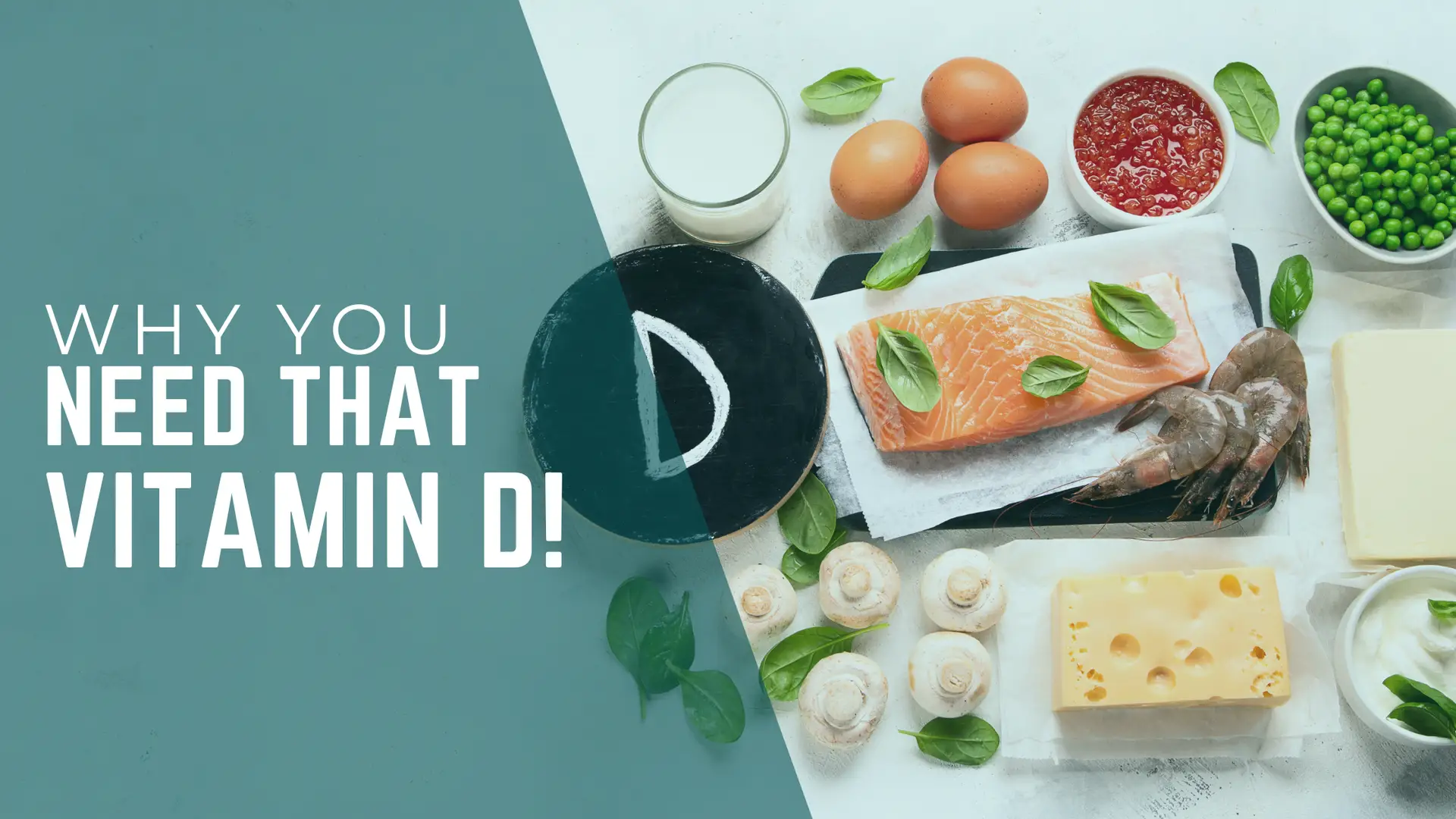Lovelies, lovelies, lovelies! Today we’re talking about one of my favorite things in the world, Vitamin D! I love it any way I can have it! Be it outside, capsule or intravenously…Did you think I was talking about something else? *Wink* Let’s get into why and how we need to maintain this key vitamin in our daily diet.
What is Vitamin D?
Vitamin D is a fat-soluble vitamin that is necessary to control the amount of phosphate and calcium in our bodies. These nutrients are the building blocks our body uses to maintain good bones, muscles, and teeth.
Many of us have been taught to rely on getting enough sunshine per day for this particular vitamin. While it IS important to get daily sun exposure (with SPF 50+!), the truth is we often just don’t get enough. According to one study, a whopping 41.6% of Americans were found to be vitamin deficit. And yes, vitamin D can be found in a select set of foods, but they do not have high enough quantities to maintain our body’s needs (keep in mind as humans we used to spend A LOT more time in the sun, instead of indoors in front of computers and TV’s).
What are the Different Types of Vitamins?
Why what a great question! I mentioned earlier that vitamin D is fat-soluble, which means our bodies turn it into necessary fats and oils. Even better, it stays stored in our body’s cells notably longer than other nutrients. They’re two forms of vitamin Ds: Vitamin D3 and Vitamin D2. Let’s talk some more about each one!
Why is Vitamin D3 Important?
Vitamin D3, scientifically known as cholecalciferol, is a type of vitamin D nutrient that can be obtained from animal sources. The cell structure of Vitamin D3 differs a bit from D2 and studies show this difference allows it to be more effective at increasing vitamin D levels in the blood than vitamin D2.
Here are some more benefits of consuming Vitamin D3:
- Healthier bones as it allows calcium to be absorbed in our intestines. It also allows for increased bone mineralization as it maintains a healthy balance of calcium and phosphorus in our blood levels.
- An increase in immune function is another BIG benefit of vitamin D as it supports a stronger immune system. This is especially beneficial for those who suffer from autoimmune illnesses or diseases.
- It may help regulate moods. According to one expert, vitamin D3 is involved in producing and regulating neurotransmitters like serotonin; this is important for mood regulation. Studies show it could reduce negative emotions for persons with major depressive disorder or a vitamin D deficiency.
A few foods that are vitamin D3 rich includes some omega-3-rich fishes, egg, certain beef parts and even cheddar cheese.
Why is Vitamin D2 Important?
Just because Vitamin D3 may raise and maintain this nutrient’s level longer than its sister, it doesn’t mean we ought to discount the benefits of Vitamin D2. This nutrient is scientifically referred to as ergocalciferol but unlike vitamin D3, it can be found in some plants, fungi, and yeasts.
Given that it is a plant derivative, manufacturers often include it in the production of some foods like plant milk, and fruit juices like orange juice. If you’re a mushroom lover, I’m happy to share that half a cup of raw white mushrooms contains 46% of an adult’s recommended daily value of vitamin D. Yummy!
Can You Consume Too Much Vitamin D?
Yes! Remember nothing is good in excess be it fruits, shopping, or anger. The recommended dosage for the supplement is 4,000 IU (international units) per day. Consuming extremely high doses of vitamin D over an extended period can cause nausea, kidney stones and even organ damage. Other side effects like weakness and constipation are also counted under what is referred to as vitamin D toxicity.
Just to note, consuming too little to no vitamin D causes more serious medical issues such as rickets in children, osteoporosis, and a greater risk of diabetes, heart disease and dementia. There are even links to autoimmune diseases like multiple sclerosis and a reduced life expectancy.
Vitamin D means D for DAILY
I love vitamin D and make it a priority to get topped up at medical clinics and spas when I realize my body is weak and out of wack. I take a daily dose orally and also a monthly dose intravenously. Before you start including a specific amount or process, it is always a good idea to get a baseline. Talk to your provider about getting some blood tests to see where your levels are or even take care of it yourself without a doctor visit and then talk to a professional about the dosage or type that is right for you.
Until next week lovelies!
XOXO Shannon







